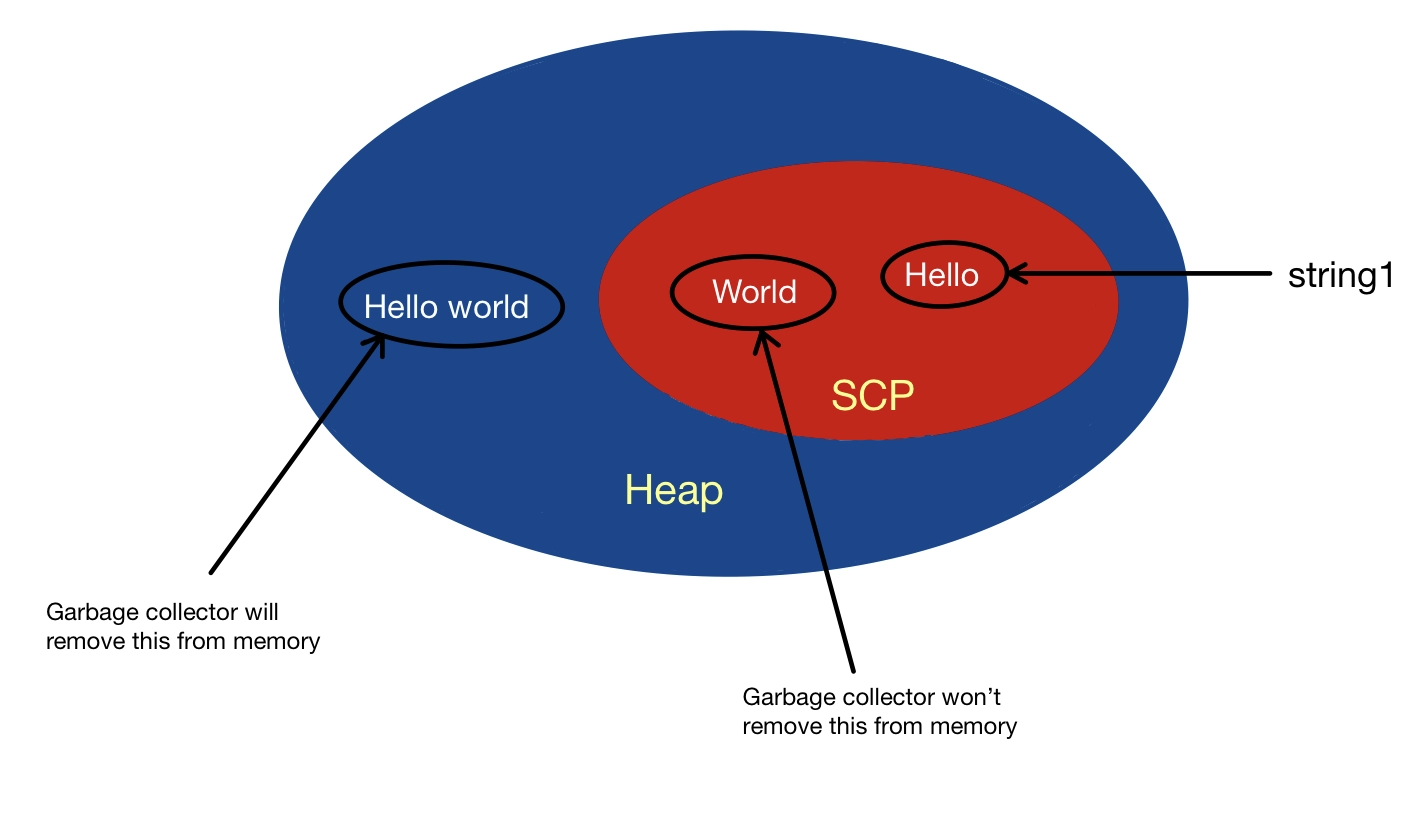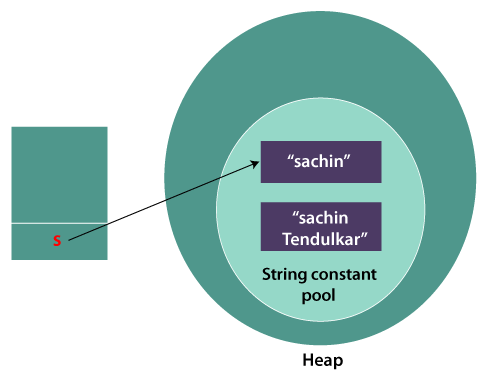Why Are Strings Immutable in Java? Enhancing Code Reliability
Why Are Strings Immutable in Java? Enhancing Code Reliability
Blog Article
What Is Immutable Strings and Exactly How It Works
In the realm of shows, recognizing the idea of immutable strings is critical for creating secure and durable applications. Immutable strings refer to strings that can not be altered after they are created, making certain information stability and predictability within the code.
The Basics of Unalterable Strings
Immutable strings, as a basic idea in shows, are character series that can not be altered when they are created. This implies that as soon as a string is designated a value, that worth can not be modified. In languages like Python and Java, strings are immutable objects, leading to different implications in regards to memory management and data stability.
One of the crucial benefits of immutable strings is that they give a complacency in information control. Because the web content of an immutable string can not be modified, it makes certain that the original data stays undamaged, minimizing the risk of unintended adjustments throughout program execution (Why are strings immutable in Java?). This building likewise simplifies debugging procedures, as designers can trust that as soon as a string is defined, its value will certainly not be inadvertently altered
When a new string is produced based on an existing one, rather than changing the initial string, the brand-new value is saved separately. In general, comprehending the basics of immutable strings is vital for understanding shows ideas and maximizing code performance.
Advantages of Unalterable Strings
Structure upon the protection and efficiency advantages of immutable strings, their benefits encompass enhancing code reliability and streamlining concurrent shows tasks. By being unalterable, strings can not be changed after creation, which eliminates the risk of unintended modifications in the information they save. This fundamental immutability guarantees that as soon as a string is created, its value continues to be constant throughout the program's execution, decreasing the opportunities of bugs brought on by unforeseen modifications.
In addition, unalterable strings add to code reliability by making it simpler to reason regarding the state of a program. Since strings can not be transformed, programmers can rely on that a string will constantly hold the very same worth, simplifying debugging and maintenance initiatives. This predictability leads to much more steady and dependable codebases.

Execution in Programs Languages
Within different programs languages, the consolidation of immutable strings is a basic facet that affects just how data is handled and adjusted within code frameworks. The implementation of immutable strings varies throughout various programs languages, with each language offering its very own devices to support this principle.

In comparison, languages like C and C++ do not have integrated support for immutable strings. Designers in these languages need to by hand execute immutability by implementing regulations within their code to avoid direct adjustments to string things.
Finest Practices for Collaborating With Immutable Strings
When handling immutable strings in programming languages like Java and Python, adhering to best techniques guarantees reliable and safe information adjustment. One of the crucial finest techniques is to use StringBuilder or StringBuffer instead of directly manipulating strings, specifically when handling substantial concatenation operations. These courses provide mutable alternatives for string adjustment, helping to stay clear of unneeded memory appropriations and enhancing efficiency.
Another ideal technique is to make use of string interpolation or format functions provided by the language as opposed to hand-operated concatenation. This not only improves readability however additionally aids in avoiding common risks such as unintentional string adjustments. Furthermore, when collaborating with sensitive data such as passwords or API secrets, it is essential to stay clear of storing them as plain text in immutable strings. Making use of secure storage devices like char selections or specialized libraries for dealing with delicate info assists reduce safety and security dangers connected with unalterable strings.
Real-world Applications and Instances
Checking out practical implementations of unalterable strings in different markets reveals their substantial influence on data stability and system reliability. In the medical care field, immutable strings play a crucial function in making certain the protection and confidentiality of individual information. By stopping unauthorized alterations to sensitive info such as clinical documents and prescriptions, unalterable strings aid keep compliance with strict privacy laws like HIPAA.
Economic organizations likewise take advantage of the unalterable nature of strings to boost the safety and security of client information and purchase documents. Unalterable strings help stop fraudulence and unauthorized modifications to economic information, providing a robust defense against cyber threats and making you can try this out certain the trust and self-confidence of clients.

Conclusion
Ideal practices for working with unalterable strings include avoiding straight adjustments and using techniques that return new string things. Real-world applications of unalterable strings consist of data encryption, caching, and string adjustment tasks.
Immutable strings refer to strings that can not be changed after they are developed, making certain data integrity and predictability within the code. When a brand-new string is developed based on an existing one, rather than modifying the original string, the new worth is saved individually.In languages like Java and Python, strings are immutable by default, implying that once a string object is created, its worth can not be changed - Why are click to investigate strings immutable in Java?. Ideal practices for functioning with unalterable strings consist of staying clear of direct modifications and making use of try this site techniques that return new string things. Real-world applications of immutable strings include data security, caching, and string adjustment tasks
Report this page